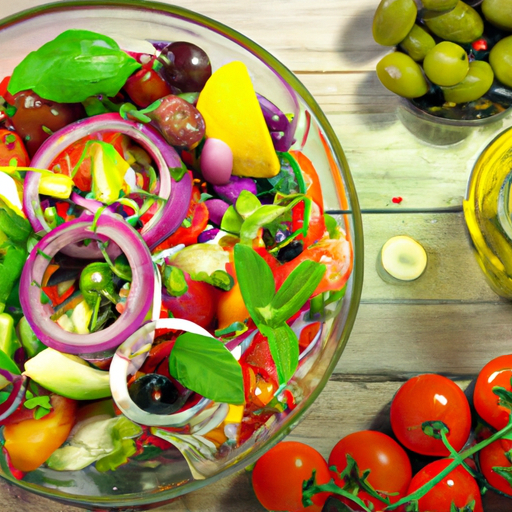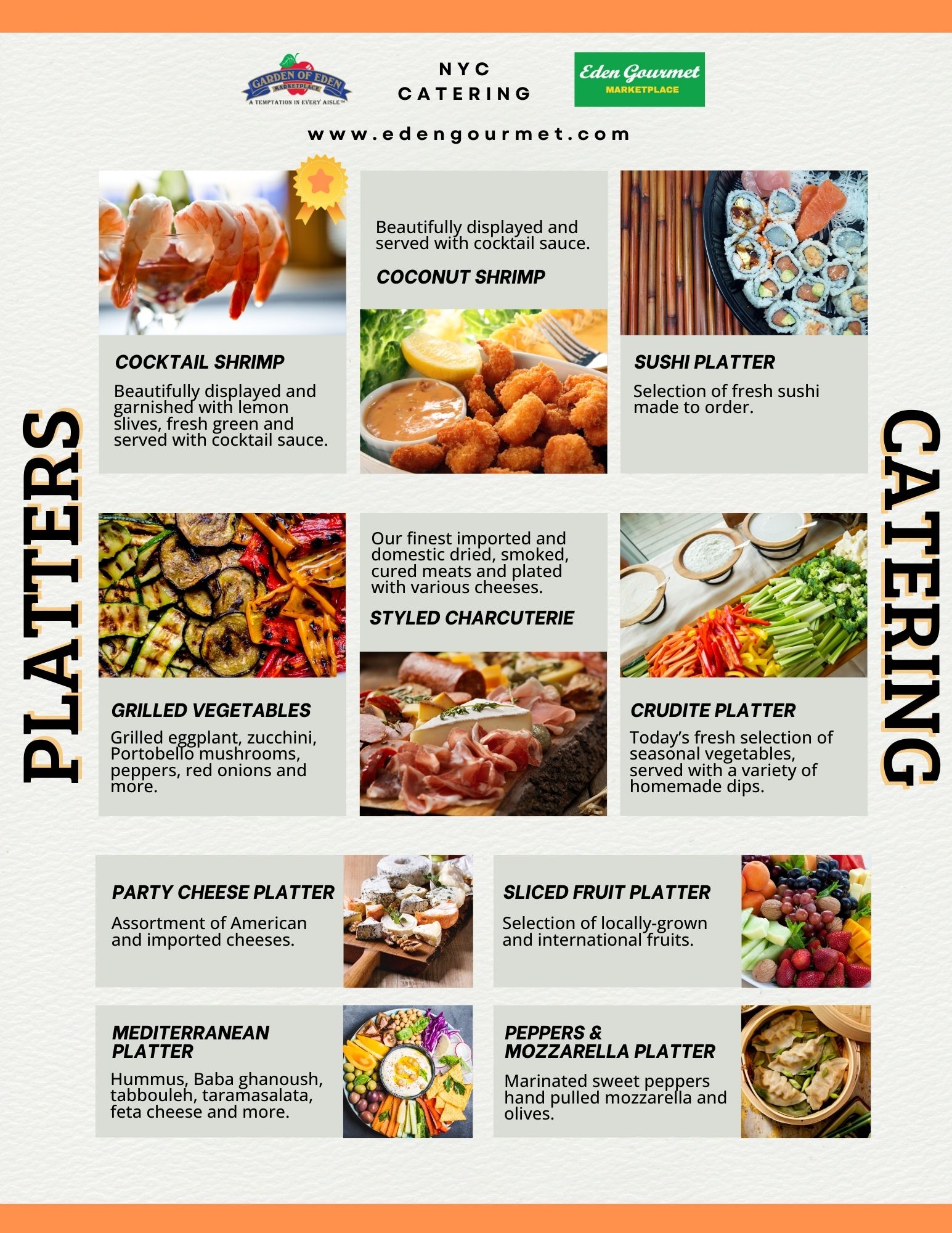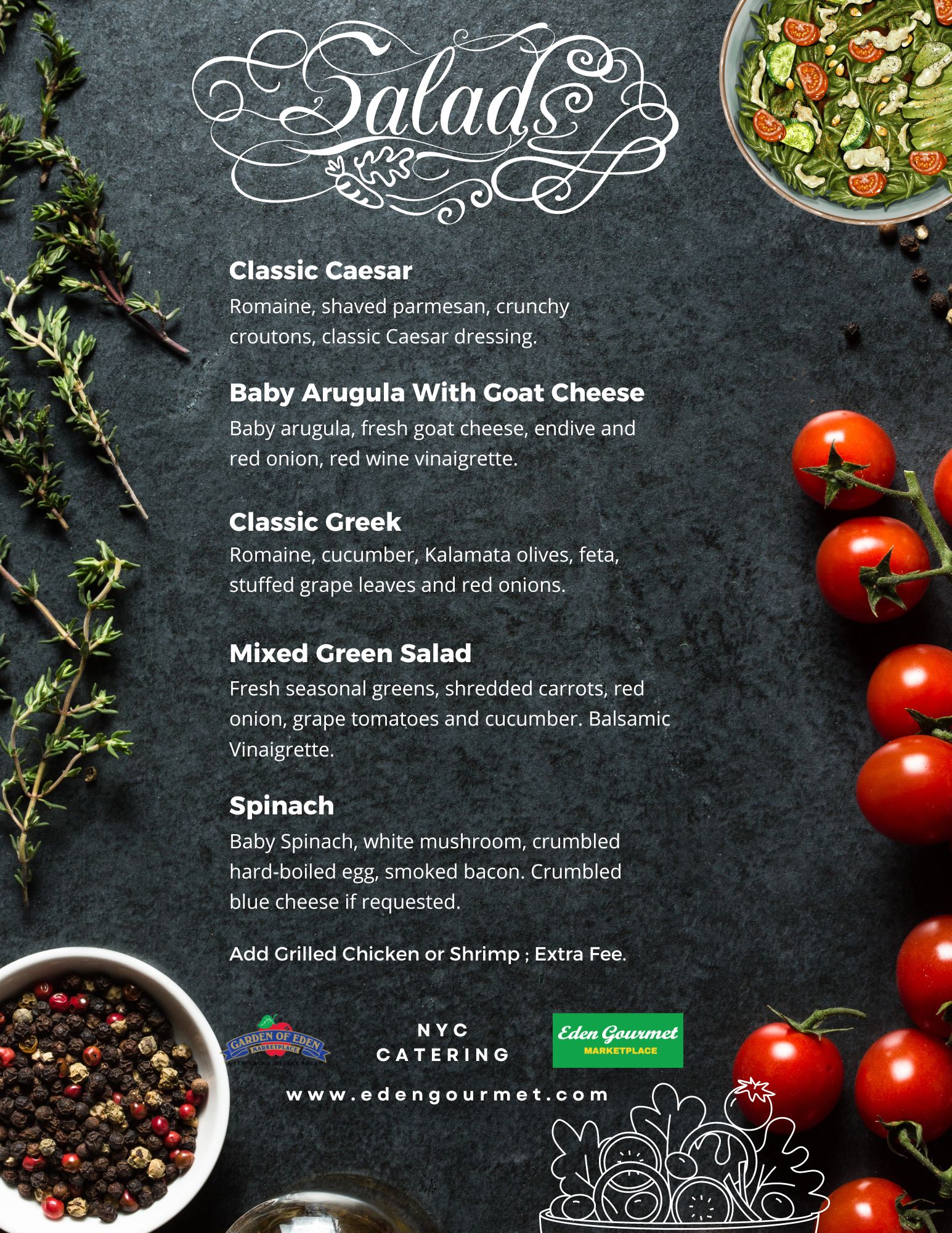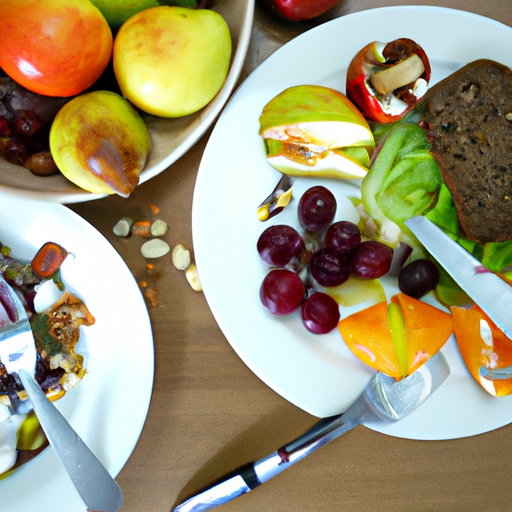Share This Story, Choose Your Platform!
Unleashing the Power of the Mediterranean Diet: A Practical Guide to Healthy Eating
The Mediterranean diet has gained popularity in recent years for its numerous health benefits and delicious flavors. This diet is inspired by the traditional eating habits of people living in countries bordering the Mediterranean Sea, such as Greece, Italy, and Spain. It emphasizes whole foods, lean proteins, healthy fats, and plenty of fruits and vegetables. In this guide, we will explore the key components of the Mediterranean diet and provide practical tips for incorporating this healthy eating lifestyle into your daily routine.
The Key Components of the Mediterranean Diet
The Mediterranean diet is characterized by the following key components:
1. Abundance of Fruits and Vegetables
Fruits and vegetables are the cornerstone of the Mediterranean diet. They are rich in vitamins, minerals, and antioxidants that help protect against chronic diseases and promote overall health. Aim to fill half your plate with colorful fruits and vegetables at every meal.
2. Whole Grains
Whole grains such as brown rice, quinoa, and whole wheat pasta are staples in the Mediterranean diet. They provide fiber, vitamins, and minerals that are essential for good health. Choose whole grains over refined grains for maximum nutritional benefits.
3. Healthy Fats
The Mediterranean diet is rich in healthy fats such as olive oil, nuts, and seeds. These fats are heart-healthy and help reduce inflammation in the body. Use olive oil as your primary cooking oil and snack on a handful of nuts for a satisfying and nutritious treat.
4. Lean Proteins
Lean proteins such as fish, poultry, and legumes are important sources of protein in the Mediterranean diet. Fish, in particular, is rich in omega-3 fatty acids, which have been shown to reduce the risk of heart disease. Aim to include fish in your diet at least twice a week.
5. Moderate Dairy Consumption
Dairy products such as yogurt and cheese are consumed in moderation in the Mediterranean diet. Opt for low-fat or Greek yogurt, which is high in protein and probiotics that support gut health.
Tips for Incorporating the Mediterranean Diet into Your Daily Routine
1. Start with Small Changes
Transitioning to a new way of eating can be overwhelming, so start by making small changes to your diet. For example, swap out butter for olive oil, or add an extra serving of vegetables to your meals.
2. Cook at Home
Preparing meals at home allows you to control the ingredients and portion sizes of your food. Try cooking Mediterranean-inspired dishes such as grilled fish with lemon and herbs, or a Greek salad with feta cheese and olives.
3. Snack on Nuts and Seeds
Nuts and seeds are nutrient-dense snacks that can help keep you full between meals. Keep a stash of almonds, walnuts, or pumpkin seeds on hand for a quick and healthy snack.
4. Stay Hydrated
Water is essential for good health, so be sure to drink plenty of water throughout the day. You can also enjoy herbal teas or infuse your water with fresh fruits and herbs for added flavor.
Summary
The Mediterranean diet is a delicious and nutritious way of eating that can help improve your overall health and well-being. By incorporating more fruits and vegetables, whole grains, healthy fats, lean proteins, and moderate dairy into your diet, you can reap the benefits of this traditional eating style. Start by making small changes to your diet, cooking at home, snacking on nuts and seeds, and staying hydrated. With time and consistency, you will unleash the power of the Mediterranean diet and enjoy a healthier and happier life.

























































